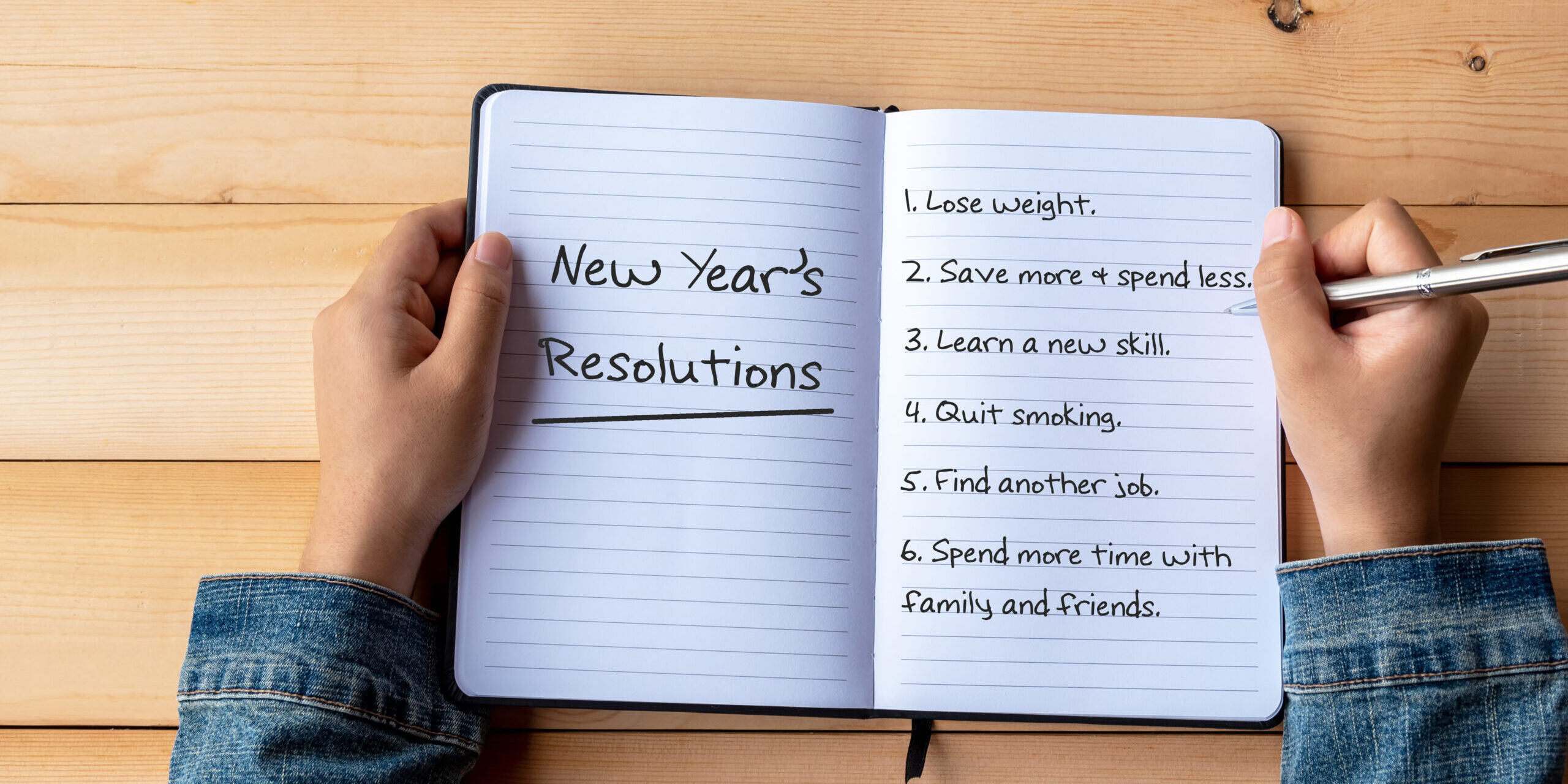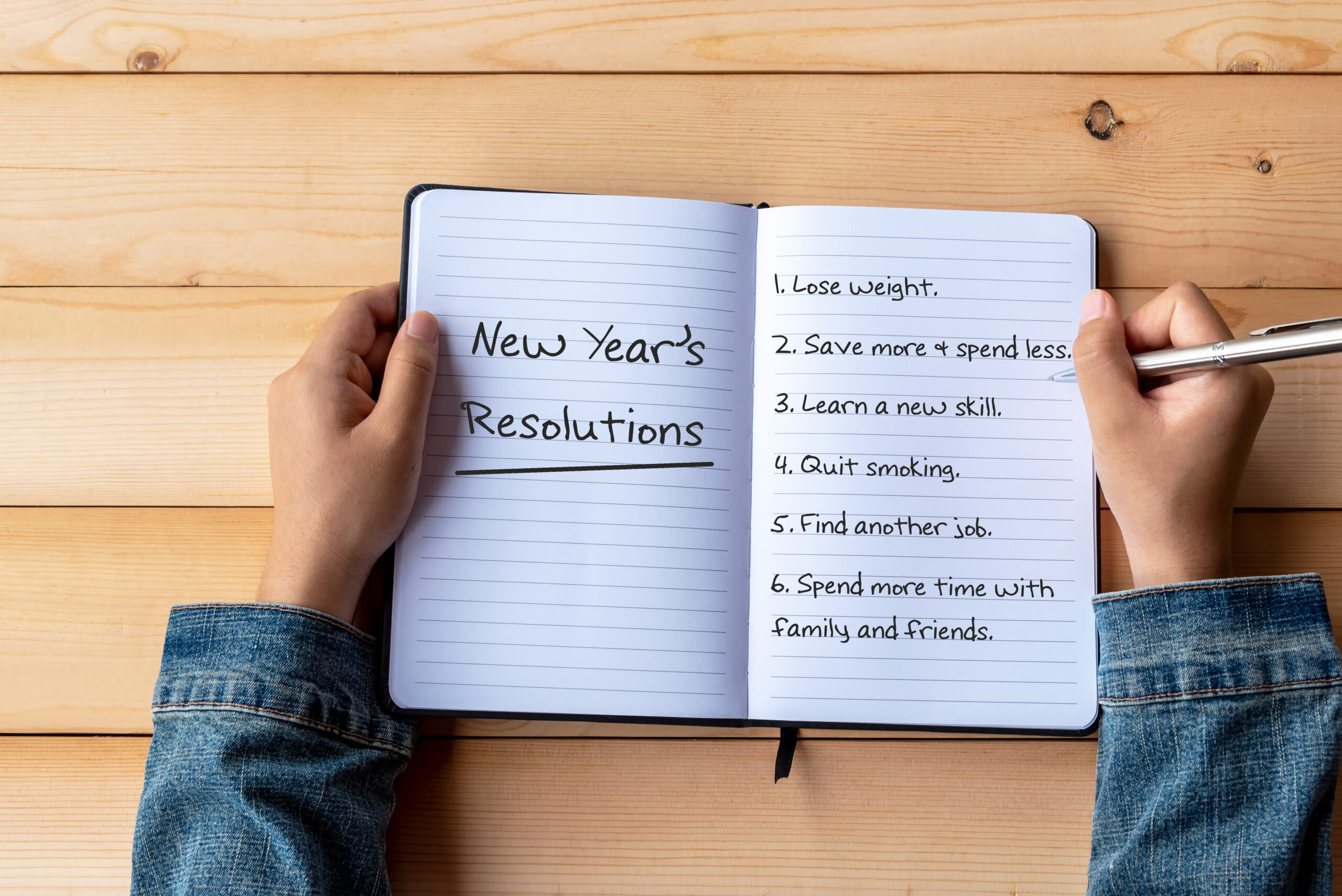By Barbara Broggelwirth, RDN, CDN
I read a great article by Ariane De Bonvoisin on different ways to view our goals for the new year. One of the ideas that really resonated with me was asking the question, “What do I most want to feel this year?” Asking the question in this way takes us from thinking of our goals as a task or chore, and instead experiencing them as a frame of mind. As the author states, “After all, what the heart wants to feel is a better motivator than what the ego wants to get done.” For instance, this year I have a few classes I need to take to complete my graduate degree in nutrition. Instead of feeling overwhelmed, I am excited about the opportunity to research subjects that ignite my curiosity and allow me to be creative.
Perhaps you have something daunting coming up that you might be able to re-frame the way you think about it. Pay attention to what happens physically when you do; you may observe that you experience less tension in your chest or your stomach doesn’t feel so tight anymore.
Another question from this article I found very helpful is to ask yourself, “How am I going to get back on track when life gets hard?” In other words, having an if-then-what-plan in place. We all have failures, or times when we do things that aren’t in alignment with our values. By reflecting on it, identifying what took us off course and then putting strategies in place to make improvements going forward, you are living the solution.
Self-reflection is the process of examining, linking, and developing meaning from our experiences to gain understanding of ourselves and the world around us. This occurs naturally, like when we look back on an experience and consider what we would have done differently or what we learned from it. Active self-reflection is when we make a concerted effort to cultivate self-reflection as a skill through regular application and practice. The other very important technique is to have a plan for how to comfort yourself if you have a setback. Perhaps you will decide to call a friend, go for a relaxing walk, maybe even meditate for a few minutes. Having a clear go-to method will make navigating the rough patches so much easier.
The last and most fun idea from this article is to choose a word that defines the year for you. Avoid thinking of words that already define you. Instead, select a word that you aspire to be. This question invites you to look at a quality that people who are close to you mentioned you may need to cultivate. For instance, qualities like forgiveness, gratitude, patience, authenticity, or resourcefulness. The word you choose can help guide you over the next year. It is important to write it down, maybe post it on a vision board as a reminder. Focusing on a quality of being rather than a specific goal not only gives the mind something to do but also feels good.
Happy New Year! Cheers to living in the solution and practicing self-compassion.
Barbara Broggelwirth, RDN, CDN is a registered dietitian nutritionist who works with Bariatric and Medical Weight Management patients to help them achieve their health and weight loss goals.


